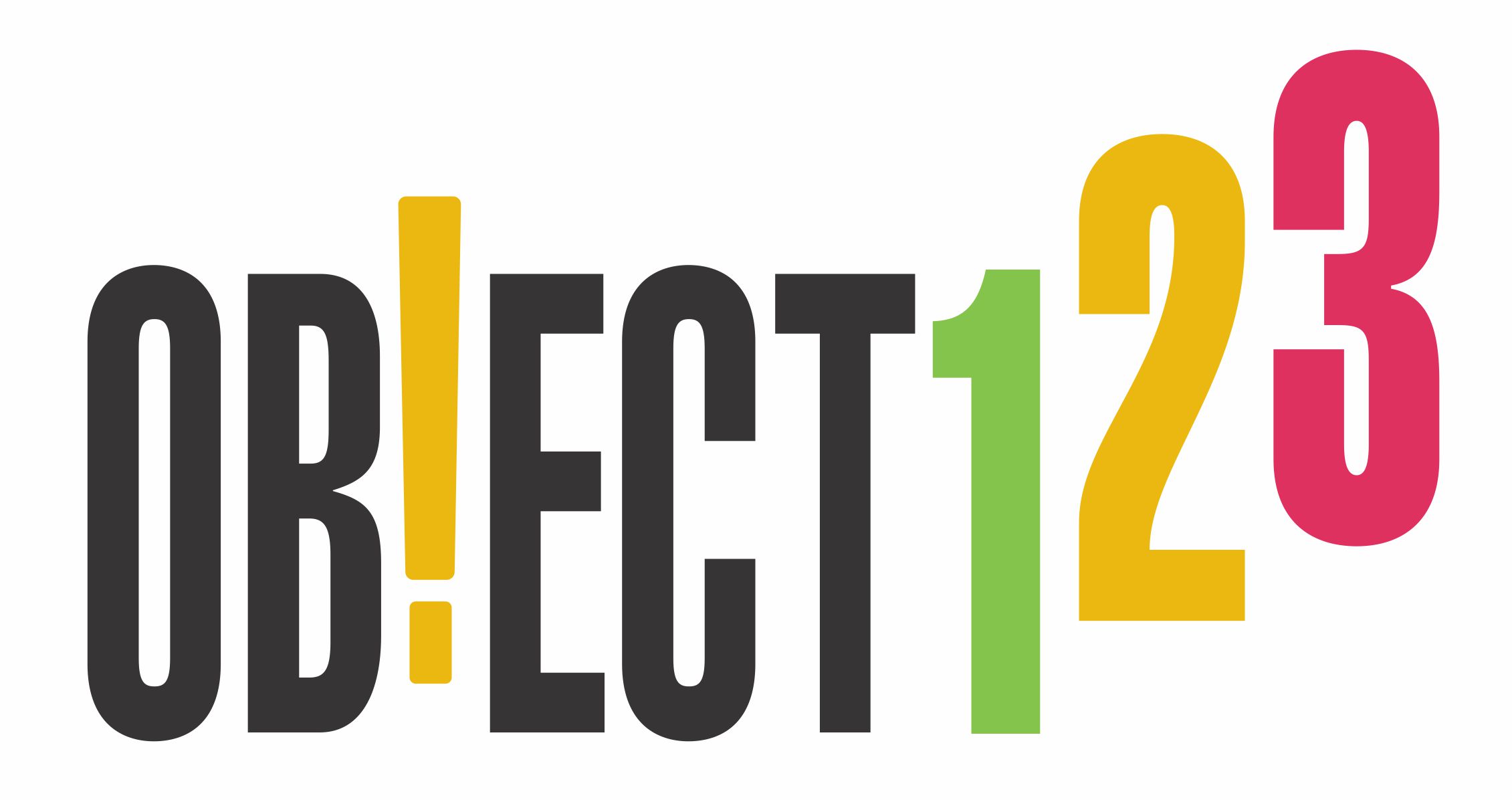In the realm of team dynamics, Jensen Huang’s concept of tokenization—applied to information and systems—resonates deeply with the innovative strategies employed by SpatzAI for micro-conflict resolution. At SpatzAI, we have transformed the way micro-conflicts are managed within teams by creating a structured tokenization process, categorizing micro-conflicts into distinct phases and corresponding accountability levels.
The Framework: Tokens of Conflict and Behavior
We start by delineating discussions and subsequent disagreements into two primary tokens: content and context – behavior delivery. This foundational split allows us to address substance of the micro-conflicts starting with three phases of objection. Recognizing that behavior slipups play a crucial role in micro-conflict dynamics, we further subdivide the micro-conflicts into three escalating phases requiring:
0. Verbal Caution (2S.0) – Pause (2C.0) – Minor behavior slipup requiring a simple acknowledgment (2A.1)
1. Official Caution (2S.1) – Spat (2C.1) – Arises if recalcitrant or challenges the verbal caution, requiring use of Spatz App and a replied acknowledgment (2A.1).
2. Official Objection (2S.2) – Dispute (2C.2) – Arises when the official caution is not officially acknowledgment (2A.1) or challenged
3. Official Stop (2S.3) – Conflict (2C.3) – Arises when the official objection is not simply apologized for or challenged following a dispute.
Accountability Levels: Structured Acknowledgement and Apologies
For each phase of micro-conflict, there are corresponding tokens for accountability:
- Acknowledge (2A.1) – Recognizing the issue related to a spat.
- Simple Apology (2A.2) – Offering a straightforward apology for a dispute.
- Acceptable Apology (2A.3) – Providing a heartfelt apology that meets the needs of the offended party for a conflict.
The SpatzAI Method: Data-Driven Micro-Conflict Resolution
By tokenizing micro-conflicts and accountability responses, SpatzAI has created algorithms to evaluate team performance in conflict resolution. This structured approach not only helps in resolving issues efficiently but also allows for comparative analysis across different teams. Successful teams’ SpatzAI data can be used as benchmarks to predict and enhance the performance of other teams.
The Cost of Unresolved Conflicts
According to Professor Noam Wasserman, “65% of startups fail due to co-founder conflict.“ This statistic underscores the critical importance of effective micro-conflict resolution in the startup ecosystem. By addressing and resolving micro-conflicts early, SpatzAI can significantly reduce the risk of failure, helping startups navigate the challenging path to success.
Applications in Venture Capital
Imagine venture capitalists using SpatzAI to measure the effectiveness of micro-conflict resolution in early startups. By comparing the Spatz data of new startups with the Spatz data of successful unicorns, investors could make more informed decisions, potentially increasing their investment success rates. This data-driven approach would provide insights into team dynamics and the likelihood of a startup’s success based on their conflict resolution patterns.
Conclusion
Tokenizing conflicts transforms the chaotic nature of team disagreements and subsequent behavior slipups into manageable, structured phases. This approach, inspired by concepts from leading industry thinkers like Jensen Huang, not only enhances the efficiency of micro-conflict resolution but also leverages data to predict team success. With SpatzAI, teams can navigate conflicts more effectively, creating a productive and innovative work environment.

Leave a comment